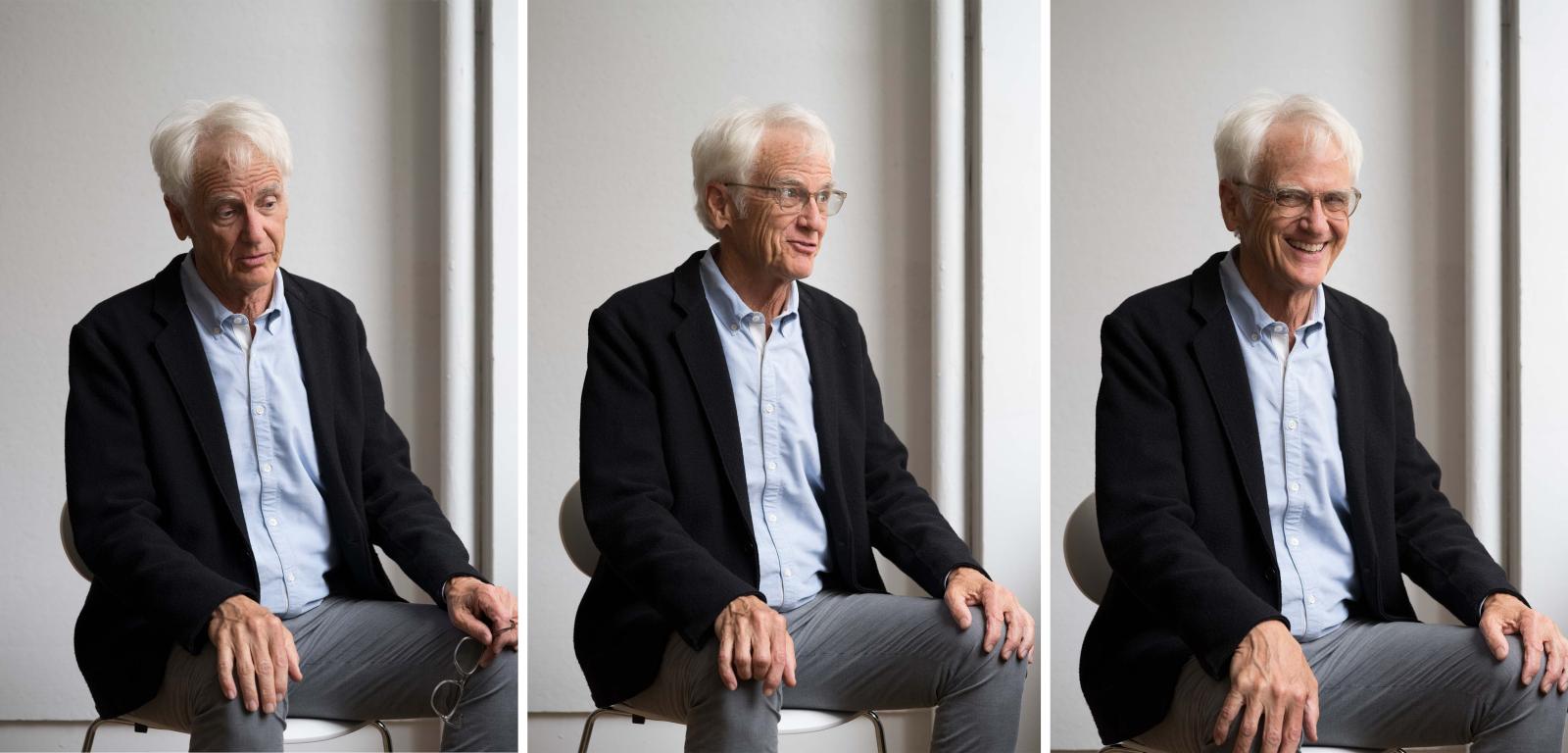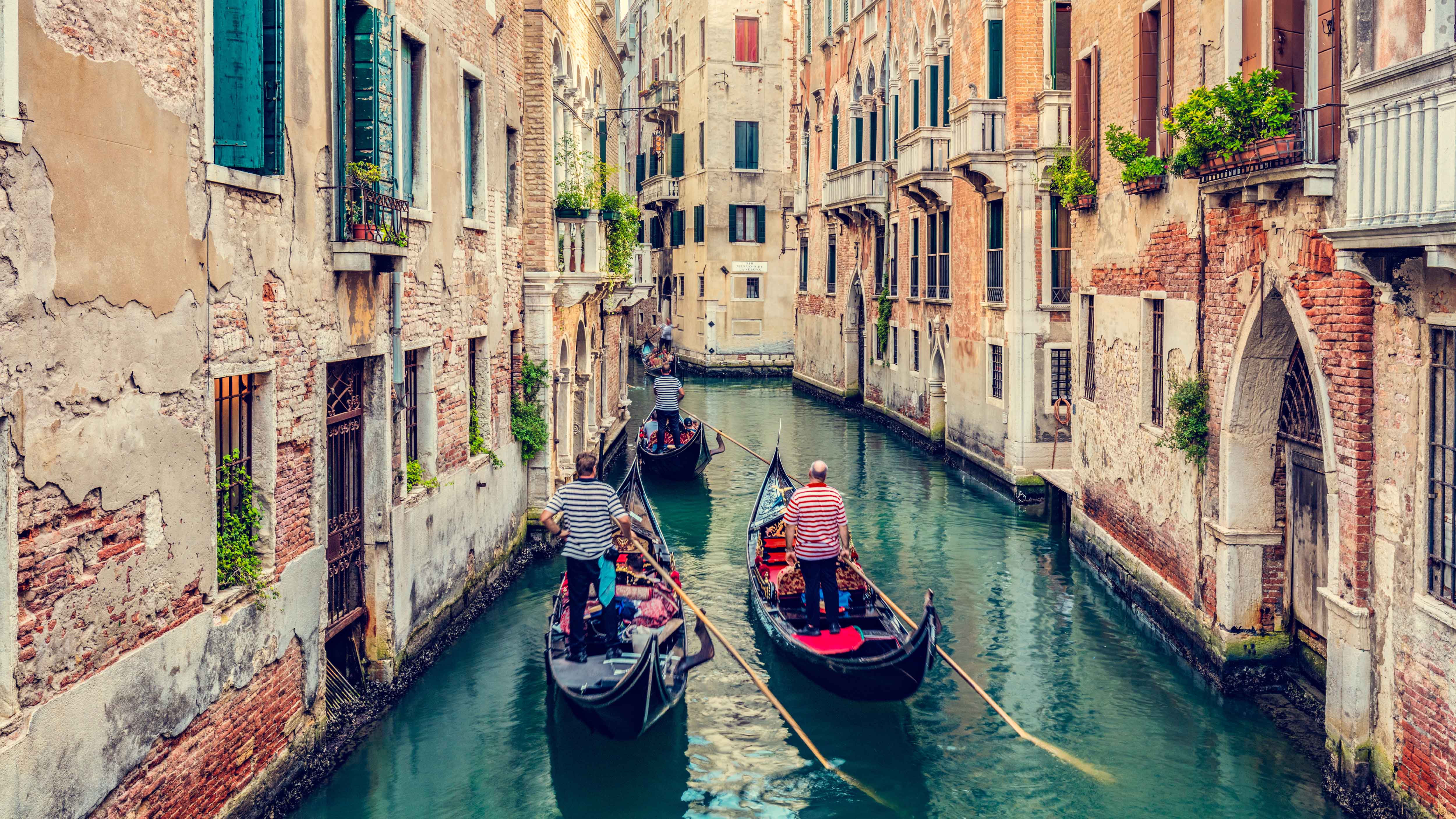A Good Way to Learn

A Good Way to Learn
![]()
Bill Ryall
Member of the Lawn Society
![]()
Bill Ryall (Arch ’77) recalled the summer he spent in the Veneto region with fellow graduate students from the School of Architecture. “We never knew what was going to be in store for us during the day,” he said. “It was very Italian. We would be totally exhausted having visited all these places on the road and would turn down a long driveway to some palazzo or villa in the country. And there would be a huge dinner laid out for us, and a party for us in the evening. This happened all the time. That kind of generosity was inspiring.”
The dinner hosts were the family acquaintances of late architecture professor emeritus Mario di Valmarana. Valmarana had launched the School of Architecture’s first international study program in Vicenza just one year prior in 1975. Four years later, he established a program in Venice, and the programs continue to be mainstays of the School of Architecture’s curriculum.
The desire for a new experience is what drew Ryall to UVA. He had earned his bachelor’s degree from Cornell University. “I could have stayed at Cornell and finished the architecture there as a graduate student,” he said, “but I realized the best thing to do is try something new, to go someplace else.”
He became close with his classmates—a small group of 15 master’s students—and his instructors. “UVA was very welcoming and where I established long-term friendships and relationships, not just with colleagues, but also with faculty. These friendships continue to draw me back to Virginia,” he said.
— Bill Ryall
Ryall sought to expand his experiences further while abroad. “I was determined not to hang out with only the Americans when I was in Vicenza. People went out every evening and sat on the piazza and had a cup of coffee, or a glass of wine or beer,” he remembered. “You’d be sitting there by yourself, and they would ask, ‘Would you like to join us?’ and I would join them. In those days, they didn’t speak English in northern Italy. So, we all spoke terrible school French to each other. It was a fantastic experience.”
Ryall is a founding principal at Ryall Sheridan Carroll Architects based in New York City. The firm has designed certified Passive House buildings since 2012—Passive House standards require a building to be not only energy efficient, but also comfortable and affordable. An award-winning Vermont recording studio designed by the firm features a photovoltaic panel array designed to offset the 5,000-square-foot facility’s power use. The firm’s Dune House—a multigenerational home on Long Island that uses no fossil fuels—was Architectural Record’s House of the Month in June 2022. Ryall has been a visiting professor at Rhode Island School of Design and attends student reviews at UVA, Yale, and CUNY.

A bequest from Bill Ryall will support the School of Architecture’s Venice Program. Students from all disciplines—architecture, architectural history, landscape architecture, planning, and urban design—study abroad through the Veneto Programs. “They often work together and are always sharing opinions and ideas,” said Ryall. “In that rich Italian landscape, each discipline is intertwined with the others while holding its own.”
Ryall and his husband, Barry Bergdoll, a professor of art history at Columbia University, made plans through their estate to support educational opportunities. “I decided it should go to the education that mattered most to me,” said Ryall. His gifts are designated to the Architecture School’s Mario di Valmarana Professorship—the faculty lead of the Venice Program—and the Venetian Fellowship, which provides support to students in the Venice Program. Venice Fellows are chosen on the basis of academic merit and financial need.
“The Veneto is something that has continued to live with me as a reference point,” Ryall said. “It also has a relevance that resonates today. You go to Venice and you wonder how many more years will this place be able to survive with the rising seas and incredible flooding that comes down the river? The issues of what to do with the land, how we can live together, how we build, what towns should be like, what do you do to preserve the land—these issues are vividly clear there. And they’re the same issues we have to deal with everywhere, but it’s good to see the same issues in different places. I think it’s a very, very good way to learn.”
Ryall recognizes the enduring value of the Venice program and the need to sustain the opportunity with private support. “My friends who went to UVA in architecture—and not just my own peers, but younger people I’ve met—say the Veneto experience was the part of the education that they remember the most. It was the most valuable to them.”

